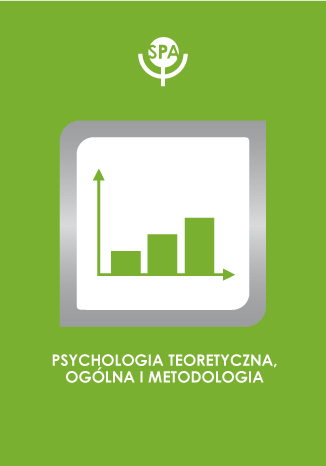Kontekst odkrycia i kontekst uzasadnienia w diagnozie psychologicznej

Katarzyna Stemplewska-Żakowicz
DOI:
Rocznik: 2012 Tom: 18 Numer: 1
Strony: 25-29
In psychological assessment there are still vivid controversies and disputes between proponents of methodological rigor and advocates of clinical intuition and practitioners try to find their way in this situation. In the article it is proposed to reflect once again upon the classic distinction made by Hans Reichenbach – the distinction of context of discovery and context of justification. Although originally it referred to the process of scientific research, it can well be applied to the assessment process, as the latter is frequently being compared to the former. Distinguishing between the actions of a diagnostician that are proper in the context of discovery and those that should best be taken in the context of justification may help to order arguments of both parties and to promote finding a consensus. The distinction may also serve as a reference point for practitioners in choosing one and not the other diagnostic instrument or in other decision making during the assessment process.









 Pobierz pełny tekst
Pobierz pełny tekst



